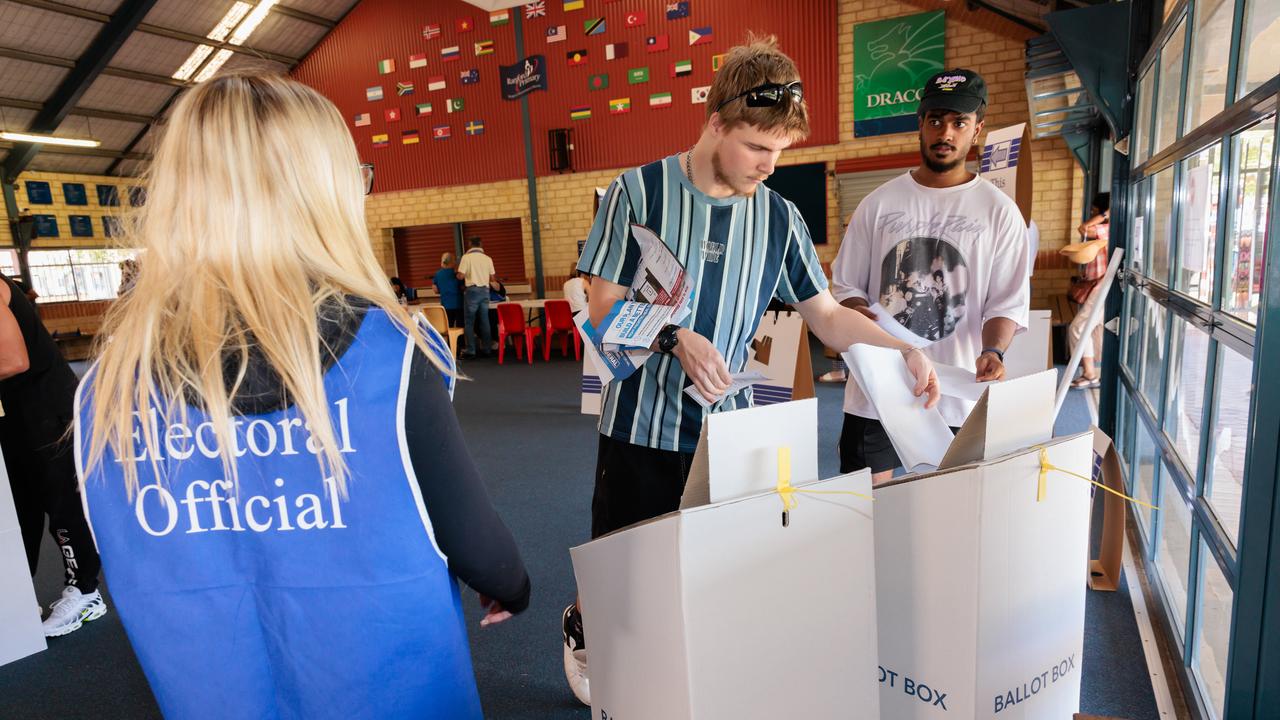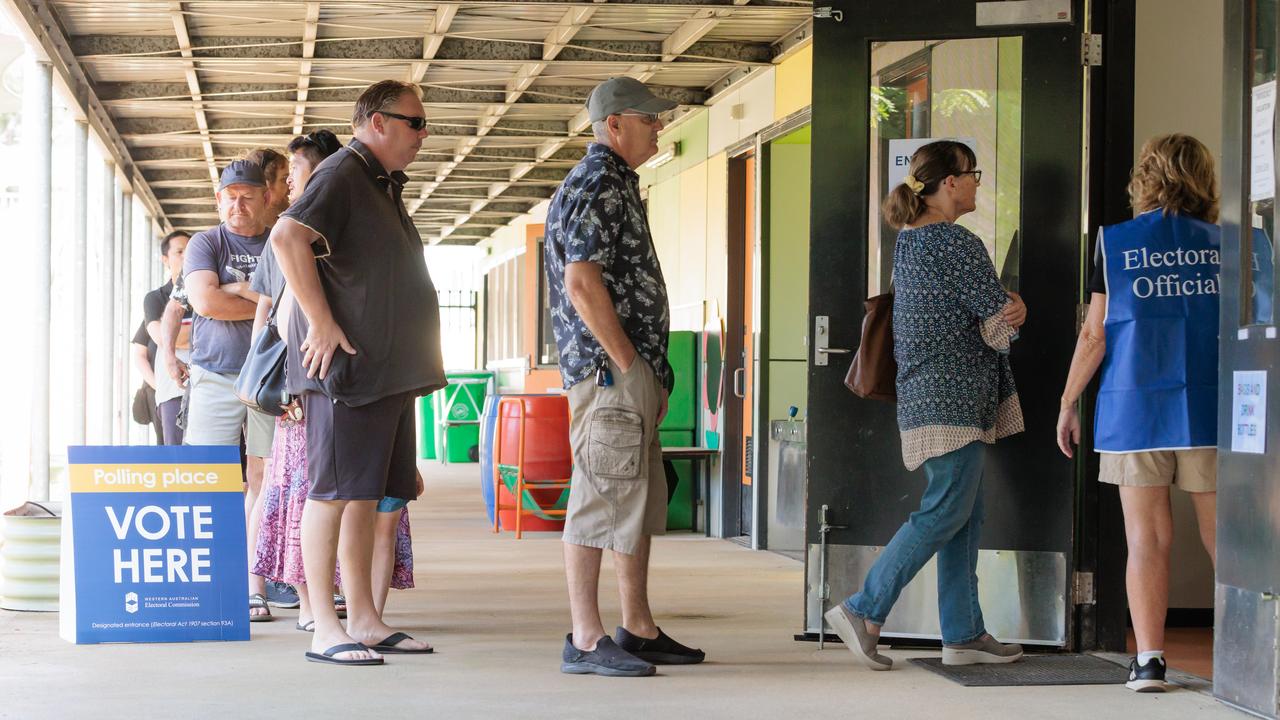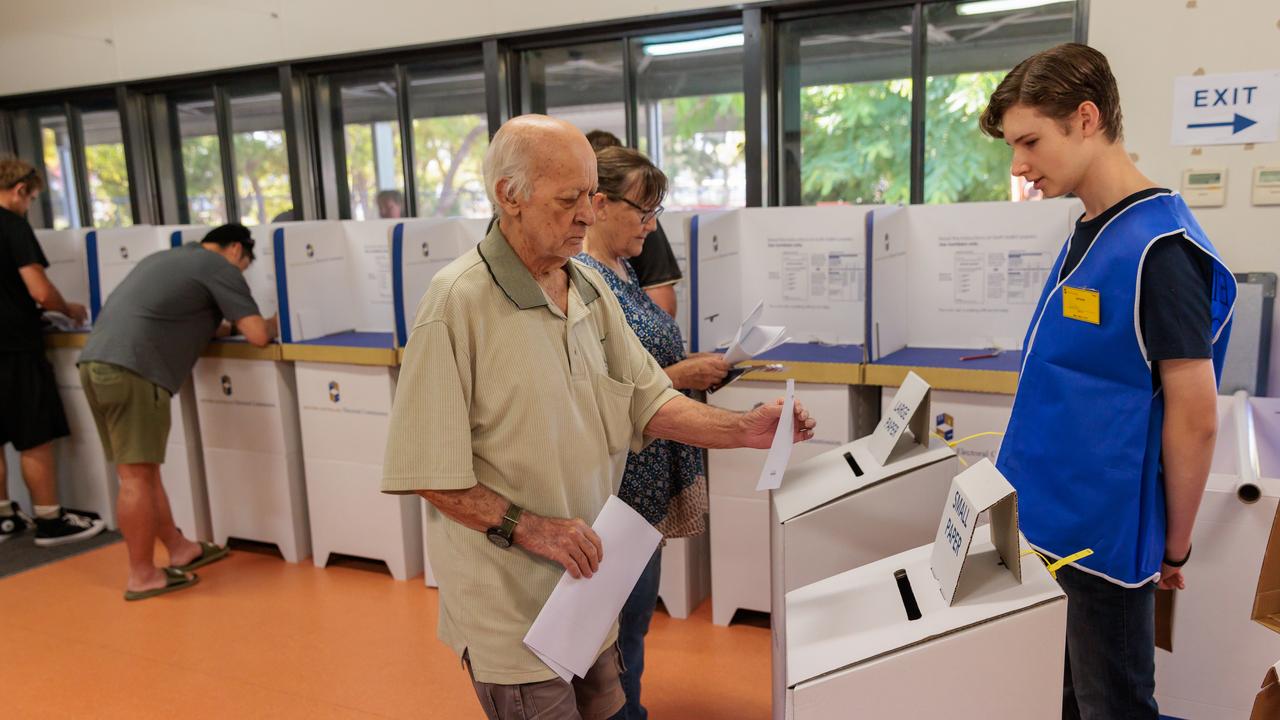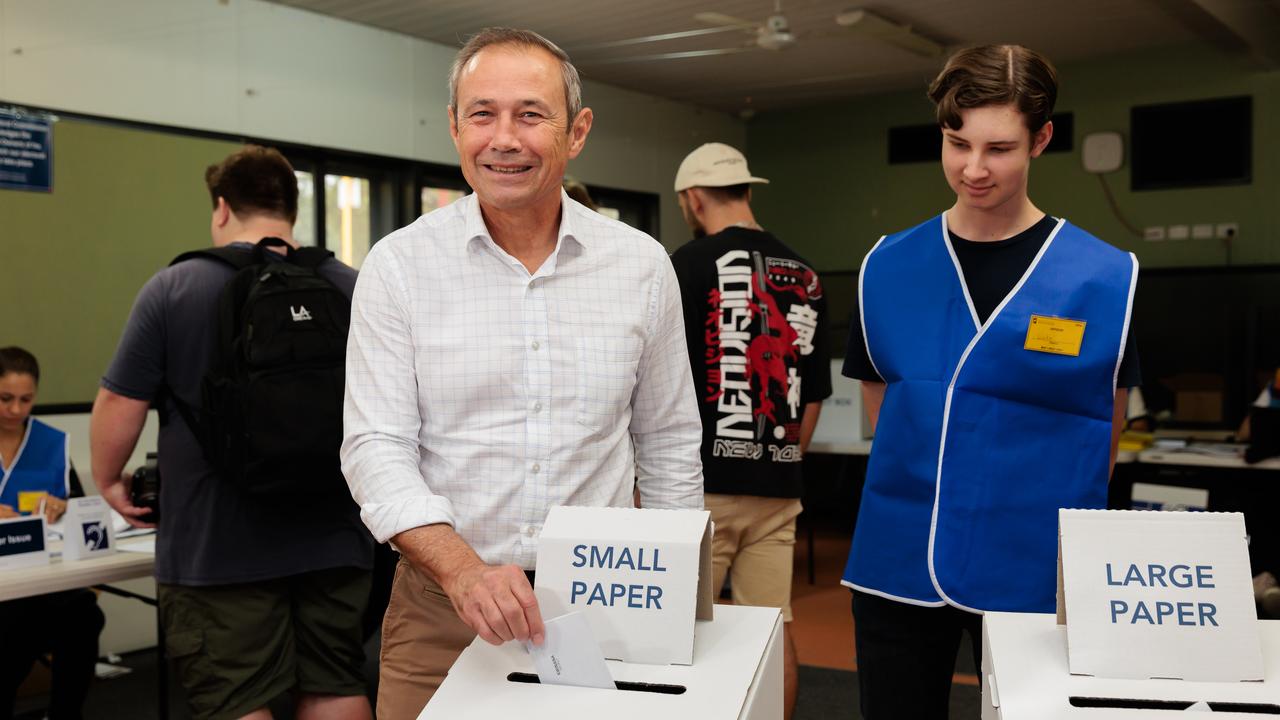
Cost-cutting and an underestimation of the number of voters casting their ballots have been blamed for a problem-plagued state election.
Labor swept to victory in Western Australia in the March 8 poll, winning a third term in office with 46 of 59 seats to the Liberals' seven and Nationals' six.
But the decisive third-term triumph was punctuated by concerns about the WA Electoral Commission's operation of the election.
These included ballot paper shortages, long queues, excessively long waiting times and insufficient staff at some polling booths, Special Inquirer Malcolm McCusker said in a report tabled in the WA parliament on Tuesday.

He said the shortage of electoral commission workers was due to "budgetary constraints, coupled with an underestimation of the number of ordinary votes which would be cast on election day".
The ballot paper shortage was the result of an underestimation of ordinary voters on March 8.
This was followed by a failure to communicate in sufficient time that the supply was running dangerously low.
"WAEC was unaware of the extent of these issues," Mr McCusker said.
The inquiry found a small number of voters were unable to vote on election day because ballot papers ran out and were not replenished in time.

"Other voters abandoned the queues due to unreasonable wait times," Mr McCusker said.
He said insufficient funding from the WA Treasury during the poll's planning and preparation had a knock-on effect.
"This caused WAEC to cut costs," Mr McCusker said.
It originally calculated it needed 7900 workers on election day at polling places, but employed 5276 in a bid to remain within its budget.
The commission also outsourced worker recruitment for the first time, which the inquiry found "was not entirely satisfactory".

The inquiry made 24 recommendations, including reconsidering the outsourcing of recruitment and providing polling places with printers so they can respond to shortages.
The WA government supported them all in principle, except for the recommendation for it to consider legislative changes to the electoral commission's funding model.
Premier Roger Cook said the report would guide the commission in making improvements to ensure future elections were efficient as possible.
"WA has a democratic process that is the envy of societies around the world, so it is vital that we maintain public confidence in how that process is managed," he said.
About 1.8 million people voted in the WA state election.







